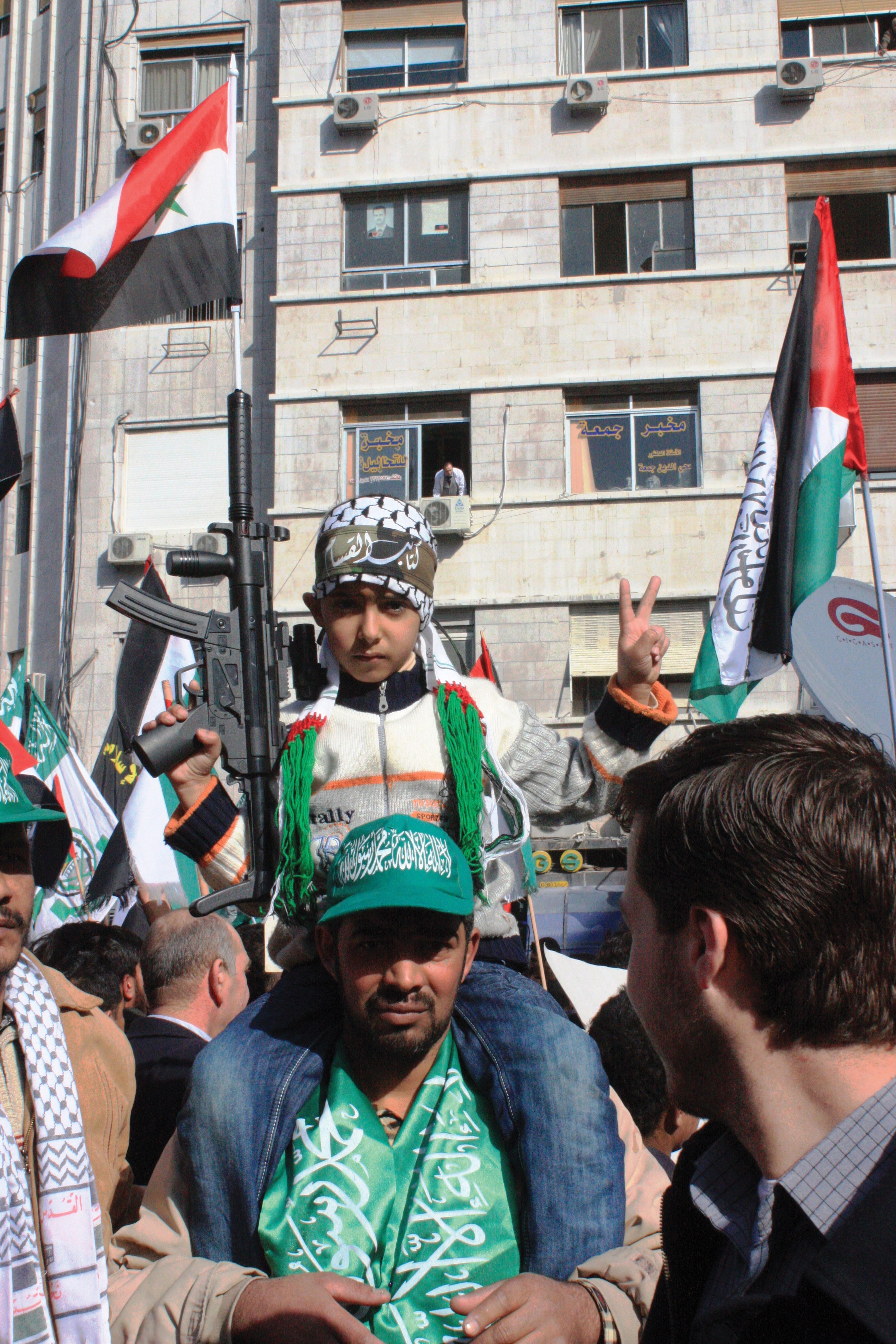According to the United Nations Human Rights Office, the two-year-old ongoing conflict in Syria has killed more than 100,000 people. The recent allegations that Syrian President Bashar al-Assad’s forces have used chemical weapons that claimed more than 1,400 civilian lives have triggered the possibility of American military intervention against Assad.
Reports of chemical weapons used against Syrian civilians surfaced when, on Aug. 24, the Paris-based international humanitarian agency Doctors Without Borders reported that 3,600 patients showed symptoms of neurotoxin poisoning.
Syrian Foreign Minister Walid Moualem denied last week that his country used chemical weapons on its own citizens.
Washington’s view on “crossing the red line,” in response to Assad’s use of chemical weapons, has propelled the international community to debate over possible military intervention in Syria. Last week, American President Barack Obama began to seek the support of Congress for a military strike against Syria. This comes just prior to the September 2013 G20 summit, to be held in Russia. Russia is one of only a few major world powers supportive of the Assad regime.
Across the Atlantic, strong support for the intervention has come from French President Francois Hollande.
Hollande told the French newspaper Le Monde that he supported taking “firm” punitive action against Syria.
British Prime Minister David Cameron lost his parliament’s support for joining the U.S. in a strike on Assad’s regime. Hollande said that France is prepared to take action against Assad regardless of the U.K.’s stance.
Syria’s three major allies, Russia, China, and Iran, are strictly opposed to any third party intervention.
Russian Foreign Minister Sergey Lavrov has rejected the claims that chemical weapons were used by Bashar al-Assad’s regime.
China has urged all parties to refrain from any military strike, as who used the chemical weapons against the civilians remains uncertain.
Iran has warned that any foreign military intervention in Syria could cause the conflict to spill over into the surrounding region. In 2006, Iran and Syria signed a Mutual Defense Treaty. This would bring Iran closer to the conflict.
George MacLean, associate dean of graduate studies and professor of political studies at the University of Manitoba, told the Manitoban that so far the Arab League has not called for an intervention, in contrast with the case of Libya. He explained that the UN has not mandated anything either.
In such a situation, said MacLean, Western involvement would be seen as intrusive.
“We’d be better off taking the billions it would cost to wage an air war and putting that towards humanitarian relief in Turkey, Iraq, Lebanon, and Jordan, using more forceful diplomacy at the UN, rather than military intervention,” argued MacLean.
“Any military action would undoubtedly be long-term, and could easily present unintended consequences. That is likely why we’ve been seeing countries, for example, the U.K., reject intervention.”
According to James Fergusson, professor of political studies and director of the centre for defence and securities studies at the U of M, it is very unlikely for military intervention to end the conflict if the intervention is limited to a few days of “punishment” air strikes.
“This would be insufficient to degrade Syrian forces to any significant degree to affect the military balance on the ground,” said Fergusson.
“They might drive a wedge between senior military command and the Assad regime, and raise the possibility of a coup leading to negotiations, but I am doubtful here as well. The senior command probably realizes that their future rests with Assad, and it may have been senior command rather than Assad, who ordered the chemical strikes. Remember, the Syrians are likely to be prepared [ . . . ] in preparation for an attack.”
Fergusson added, “at a scale of punishment strikes, there will be no likely significant impact. Broader full-scale intervention, full air strikes in direct support of the rebels, leading to a toppling of the regime, might generate closer relations with the West by new government and certainly eliminate the Iran connection.”
As the U.S. and France gear towards military intervention in Syria, the question appears to be not “if” but “when” such an intervention occurs.


